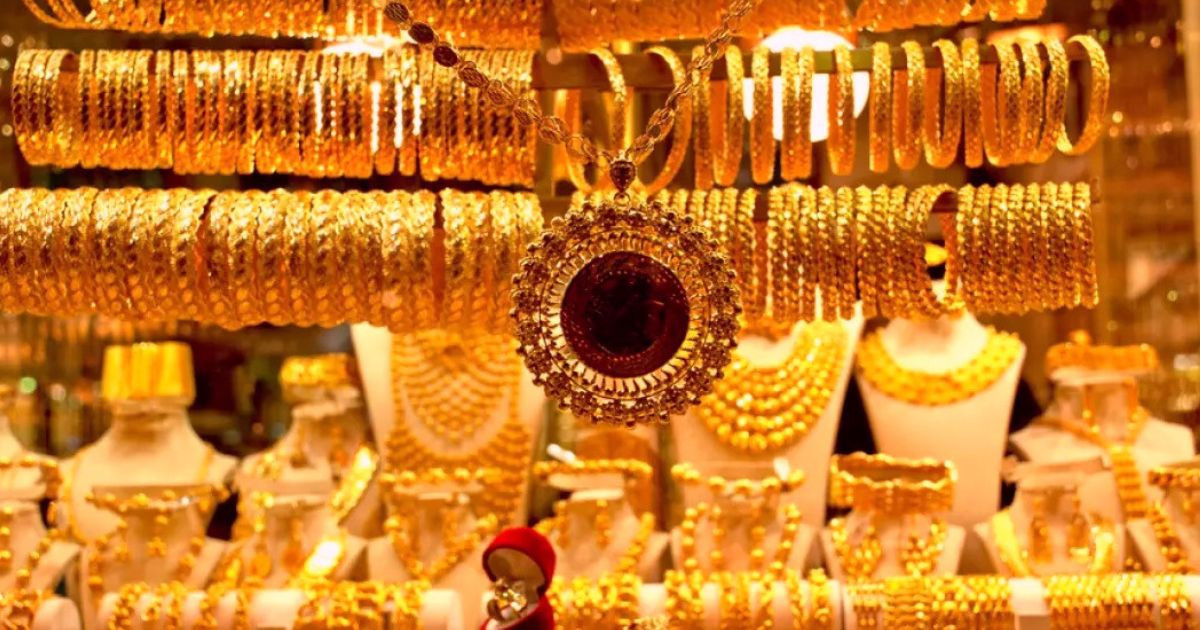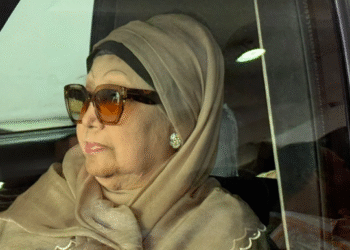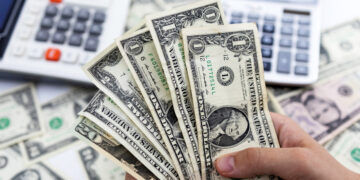Key Highlights
- Gold prices in Bangladesh have surpassed Tk 2 lakh per bhori for the first time in history.
- The Bangladesh Jewellers Association (BAJUS) has announced a Tk 3,199 increase per bhori, effective from tomorrow.
- The new rate for 22-carat gold will be Tk 200,775 per bhori.
- Prices have been rising steadily, setting new records almost every week.
- In September alone, the price jumped by over Tk 16,000 per bhori.
- Key reasons include international bullion prices, taka devaluation, economic uncertainty, and high inflation.
- Despite the festive season and upcoming winter demand, sales have dropped sharply, with some Dhaka shops reporting a 50% decline in customer demand.
-
Though Bangladesh does not import gold in large quantities, local prices mirror global market trends.
Gold Prices Hit Historic High
Gold prices in Bangladesh have crossed the Tk 2 lakh milestone per bhori, marking a historic high in the country’s jewellery market. The Bangladesh Jewellers Association (BAJUS) announced that the new price of 22-carat gold will stand at Tk 200,775 per bhori, reflecting an increase of Tk 3,199 from the previous rate. The revised price will take effect from tomorrow (Tuesday).
Read more: Bangladesh Declares 7 October Abrar Fahad Day and 25 February BDR Massacre Day as National Days
Steady Climb in Domestic Market
Gold prices in Bangladesh have been on a consistent upward trajectory, with new records set almost every week. The month of September alone witnessed a rise of over Tk 16,000 per bhori, indicating the persistent pressure on the market. Traders and analysts point to both international and domestic economic factors as key contributors to the continued surge.
Short-term Profit নয়, Long-term Growth-ই আসল।
Global Trends and Economic Factors
Industry insiders attribute the rapid increase in gold prices to several interconnected factors:
- The global bullion market has seen significant volatility in recent months.
- The taka’s devaluation against major currencies has made gold more expensive locally.
- Persistent economic uncertainty and high inflation have further driven investors toward gold as a safer asset.
Even though Bangladesh does not import gold in large volumes, the domestic market remains closely aligned with international price trends, amplifying the local impact of global movements.
Festive Season Sees Decline in Sales
Interestingly, the record-high prices have come at a time when festive demand typically drives strong sales. With Durga Puja festivities underway and winter — a traditional wedding season — approaching, jewellers usually experience a surge in customers. However, this year, the opposite trend is being reported.
Many jewellery shop owners in Dhaka have observed a sharp fall in demand, with some noting that sales have halved compared to previous months. Consumers are reportedly postponing purchases or opting for lighter jewellery, reflecting growing financial strain amid rising living costs.
A Balancing Act for Jewellers and Consumers
The latest price surge poses a challenge for both jewellers and customers. While traders face reduced sales volume, consumers are struggling to afford gold amid broader economic pressures. Market experts warn that if the upward trend continues, Bangladesh’s jewellery sector may witness a prolonged slowdown despite the festive backdrop.
Source: The Daily Star















